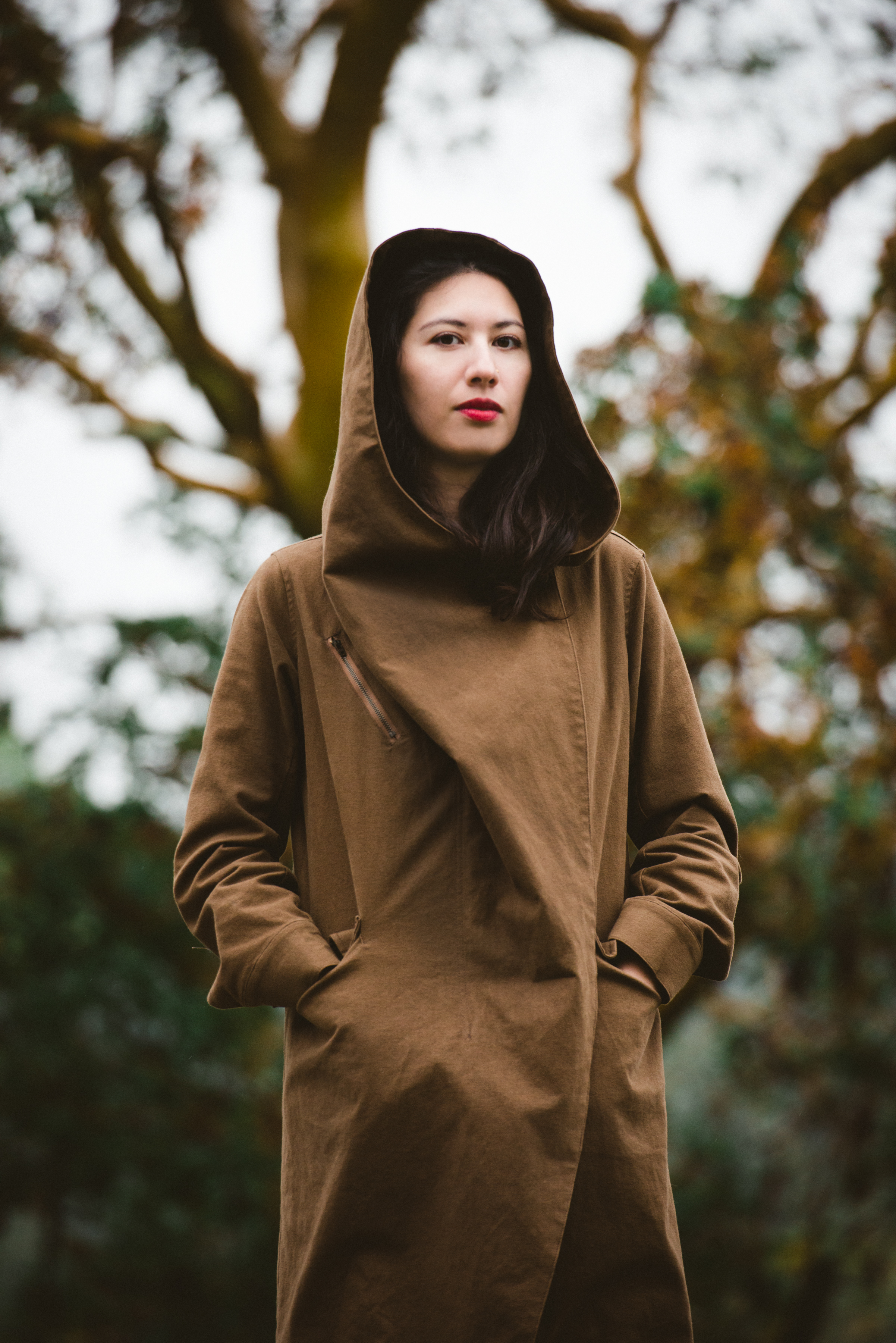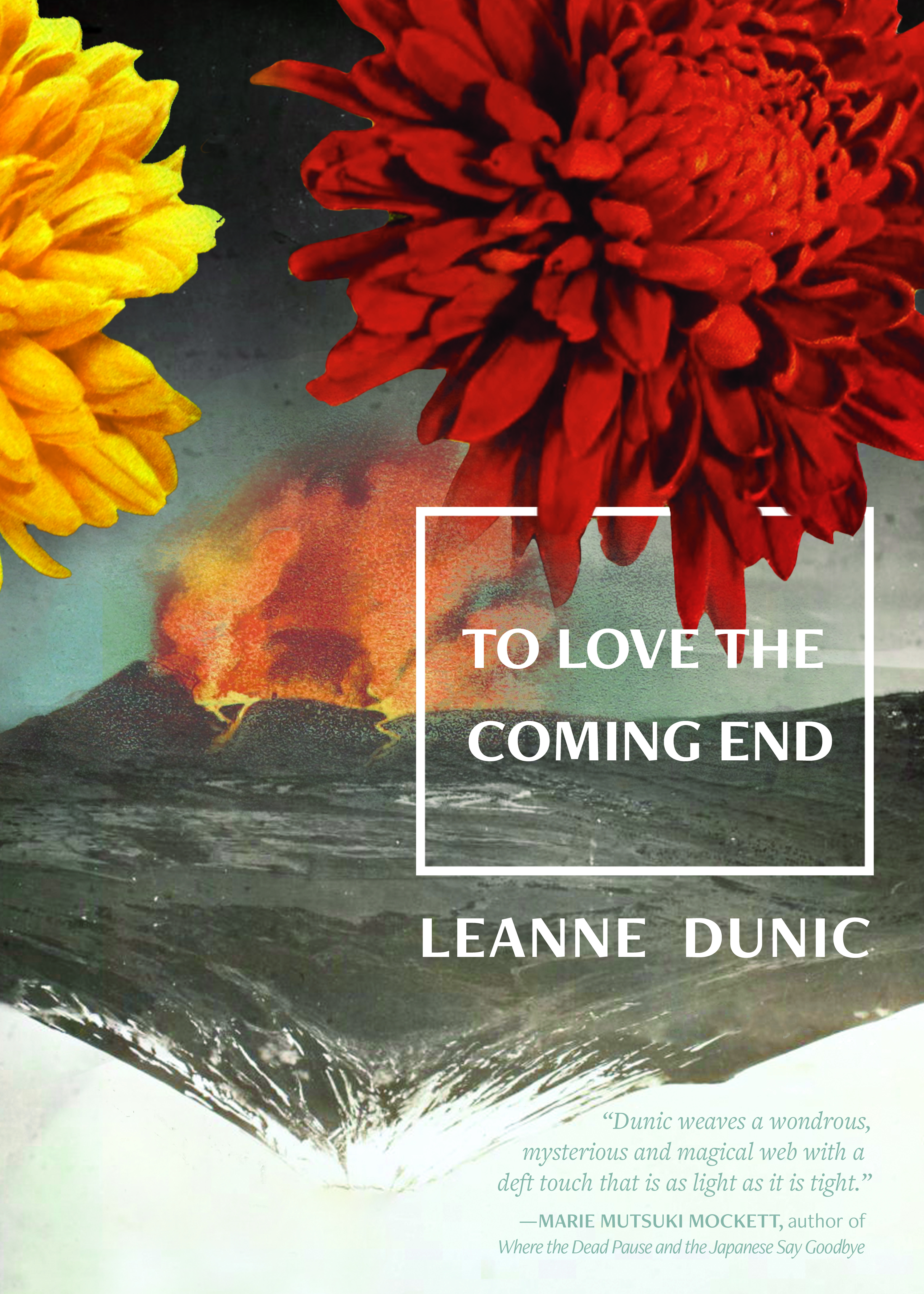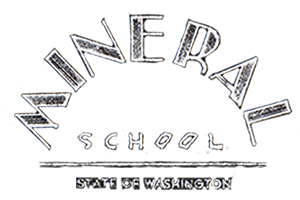Blog
Meet a Resident: Leanne Dunic
Vancouver writer, musician and visual artist Leanne Dunic is the author of To Love the Coming End, published this spring by Chin Music Press. In it, the 2016 Mineral School alumna explores both natural and personal catastrophe across Singapore, Vancouver, and Fukushima. You can hear Leanne read and discuss her new book at two upcoming Seattle events: On April 15th at 3pm at Elliott Bay Books, and on April 17th at 6pm at Kinokuniya, with Japanese ghost expert Zack Davisson and fellow Mineral alumna Jane Wong. Author Kait Heacock conducted this interview.

caption
Congratulations on your new book To Love the Coming End. Can you tell me about its origins? When you started writing it, were you thinking of universal catastrophes or personal catastrophes first?
To me, the personal and universal catastrophes are one and the same. Observing my surroundings helps me understand myself, and vice versa. As for the origins of this book: The number 11 has always stood out for me, and this book was a way to incorporate the number into my work. I’ve spent a lot of time in Singapore and Japan, so it was natural to situate the book in these places.
Place plays an important role in this book as the narrator moves from Singapore to Japan, but ultimately feels called home to Canada. I found this line moving: “Maples and pines root my muscle, call me back to land.” What does place do for a poem? In what instances is place more than just setting for you?
Place is always more than a setting for me. It’s in a continual state of flux, existing in our memories and in the present, and who knows what the future of a place will be like. We often want to hold on to what we remember a place was like, but even at that remembered moment it was changing. And sometimes the things we see as being distinctive about a place aren’t actually distinctive at all. That line you mentioned could refer to both Canada and Japan—and beyond, I’m sure. This is one of the ways that we are connected through landscape, imprinting our own experiences and sentiments onto place, or taking away new memories and feelings.
These lines resonated with me: “Within me, a gaping crevice. The more I change my environment the more I lose track of myself, yet I traverse. Maybe that’s the point.” As a writer and musician, you must travel a lot. Do you feel a strong sense of wanderlust? I imagine that most writers must. How does traveling affect your writing? Do you find you get most of your inspiration on the road or does returning home offer sanctuary for you to create?
I don’t feel the desire to travel, in particular. What I do desire is being by myself, alone and with my art, and traveling seems to be an ideal way to get in this space, away from the responsibilities and commitments of regular life. That’s why artist residencies are so great. I always want to return to the Pacific Northwest, no matter how much I love another country. There are some places that help me understand myself better than others and, as I mentioned, this internal-external exploration leads to creation.

How did you hear about Mineral School? What did you create while there? What are you working on now?
I first found out about Mineral through a friend who posted the call on social media, and I liked the idea of living in an old school. While I was there, I worked on a manuscript called Hysteria. I thought I finished it at Mineral and was quite pleased with myself. I’ve let it sit since then, and now I’m thinking about expanding it. Mineral was a productive, inspiring, supportive experience. (Also, the food was delicious!) I loved using the chalkboards to plot out my work. I made some good friends there, too, one of whom is coming to visit me in May!
How do you transition between mediums? Can you write poetry and write music at the same time, or do you work on them one at a time? How does one medium inform the other?
I never know how they’re going to affect each other, but they definitely do. I usually work on several projects simultaneously, and tend to blend genres, too. To Love the Coming End is called a novel by some, while others call it a short story, or poetry. Though it didn’t feel intentional at the time, the themes also found their way into my band’s upcoming album (which is called To Love the Coming End of the World), to the point that the book and album became companion pieces. You can download three songs from the album for free with the purchase of the book.




